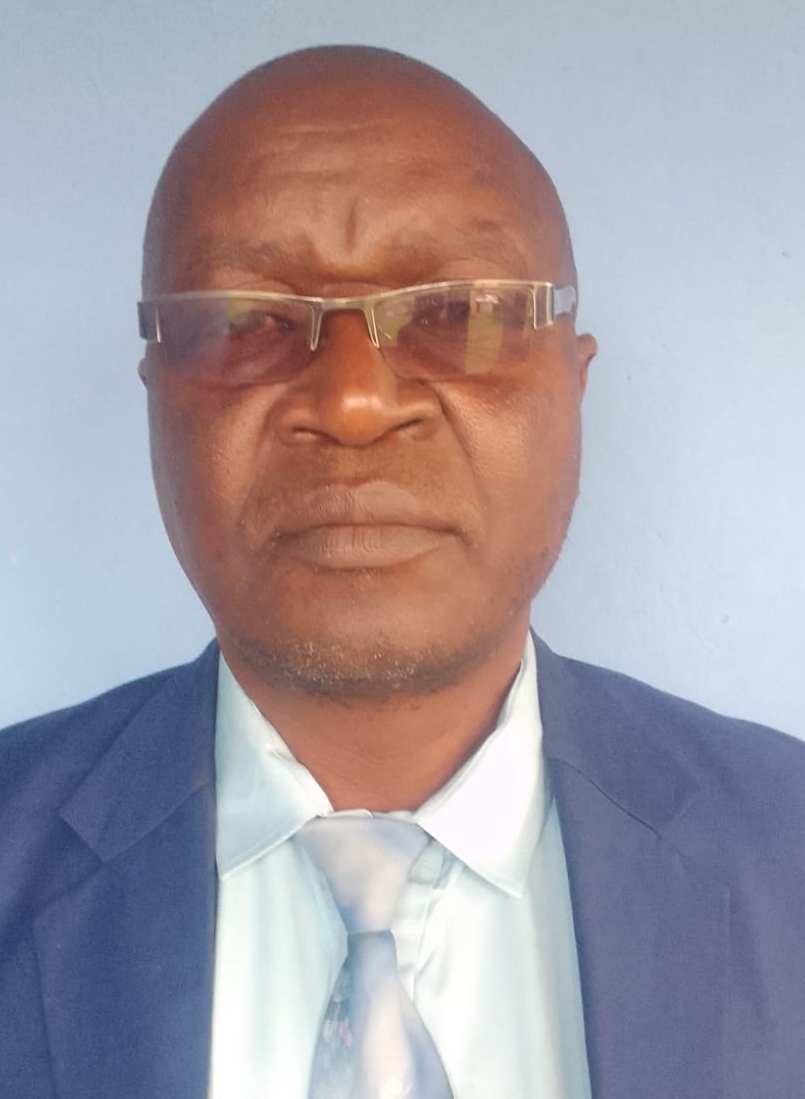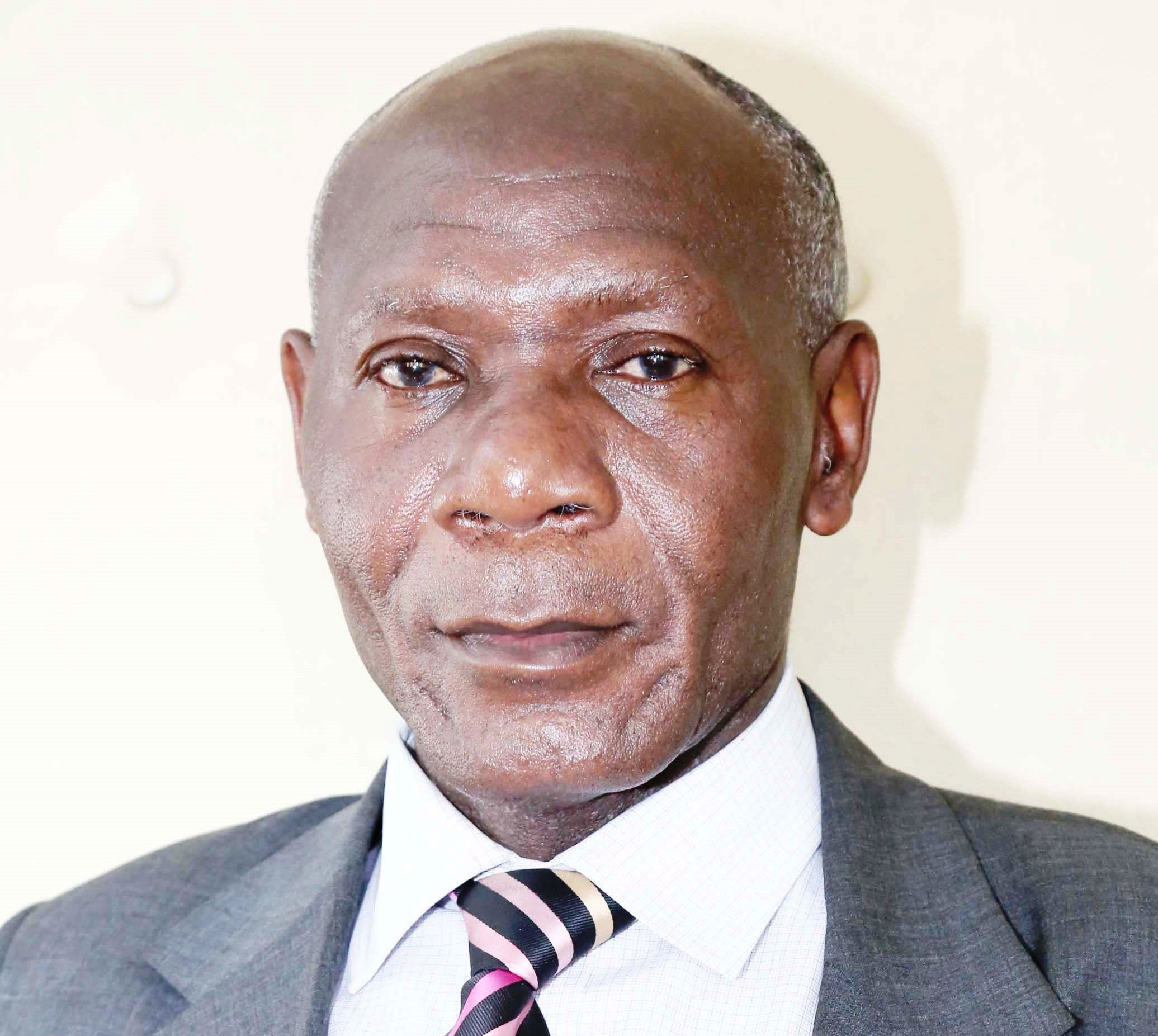Before the morning sun rises over the rugged hills of West Pokot, the first person to arrive at Kapsit Primary School is not the head of institution, nor a clerk, nor even the watchman, but the deputy headteacher, Mr. Kipruto. For weeks, months, and sometimes years, he has effectively been acting head of institution, managing the entire school, yet when promotion lists are published, his name—like those of thousands of other seasoned deputies across Kenya—never appears.
Across Kenya—from the green ridges of Nyeri to the sun-baked plains of Turkana, and from the sugar fields of Kakamega to the shores of Lake Victoria—a silent army of deputy headteachers holds schools together as acting heads of institutions. They enforce discipline, manage operations, guide young teachers, and implement reforms. They are the invisible backbone of public education. And yet, despite years of service, dedication, and proven leadership, they remain overlooked, unrecognized, and unrewarded.
Instead of relying solely on interviews, the Teachers Service Commission (TSC) must adopt affirmative action policies to elevate these seasoned deputies. Years of acting service, proven leadership, and community impact should directly qualify them for promotion, recognizing their indispensable contribution to the nation’s education system.
When His Excellency President William Ruto spoke of reforming education and opening a window for fairness through the Competency-Based Education framework, many teachers felt a new dawn was possible. But for deputies in grades C4, C5, and D1, the window seems to have opened only for others. It is a door that never swings their way. The system praises them yet forgets them. Their dedication decorates speeches but not promotion lists.
For years, they have acted under several heads of institutions—sometimes four or five in succession—each one relying heavily on them to keep schools stable during leadership changes. They take charge when transfers delay, when audits loom, or when crises erupt. And every new head of institution, upon arrival, finds in them a steady, trusted hand. Many deputies have functioned as acting heads of institutions for months or even years. They are told they are indispensable. Some even receive letters of commendation for exemplary performance. But commendation does not translate into promotion. It is like applauding a bridge for holding traffic but never reinforcing it.
ALSO READ:
In Siaya County, Madam Atieno has been a deputy for fourteen years, acting as head of institution several times when her superiors were absent. Her school consistently tops the sub-county, yet she has never been elevated. “Every time I see my juniors promoted, I congratulate them,” she says, “but deep down, I feel the system forgot me long ago.” In Nyeri, Mr. Muriuki has acted as head of institution for three straight years since his predecessor’s transfer. “They say acting appointments don’t count,” he murmurs bitterly. “Then what counts? Experience? Service? Dedication? We’ve become invisible.”
Across the country, we have deputies who have acted far too long as acting heads of institutions—faithfully steering schools through crises, praised by inspectors and Boards alike, yet never elevated. They have become the permanent shoulders upon which institutions lean, but the system seems content to use their strength without rewarding it.
Inside staffrooms, their frustration hums like quiet thunder. Deputies perform the most demanding roles—disciplining students, balancing budgets, preparing timetables, mentoring young teachers, and enforcing curriculum coverage—yet they are classified as if they were still ordinary classroom teachers. They shoulder accountability without authority, leadership without recognition, and responsibility without reward. They are given orders left, right, and centre—some from sub-county offices, others from their own heads of institutions—and in many cases, the heads themselves do not even understand how to do quite a number of things. It reaches a point where a deputy quietly wonders who the real boss is. They are the glue that holds schools together, yet they are treated as replaceable.
At Cheptu Boys Secondary, Deputy Lemiso knows the paradox too well. When the head of institution fell ill, he ran the entire institution for nearly a year as acting head of institution—handling payrolls, audits, student discipline, and Board meetings. His efforts earned applause from parents and officers alike. But when the head of institution returned, he went back to his old position as if nothing had happened. “It’s like the system pats you on the back and says, ‘Good job,’ then reminds you you’re not important enough to be promoted,” he says with a tired smile.
In Kapenguria, where the hills rise like watchful sentinels, a different fire is stirring. The KNUT West Pokot Branch, under its Executive Secretary, Martin Sembelo, recently convened a landmark meeting that brought together teachers from Chepareria, Sigor, and Alale. The mood was tense but hopeful. When Sembelo rose to speak, his voice carried conviction. “Let us unite under one banner—Knut West Pokot Branch,” he said. “Let only one union remain strong to champion the cause of our deputies and forgotten teachers.” The hall erupted in applause. For once, those who had long felt unseen found their pain echoed in unity.
ALSO READ:
Murang’a teachers mark World Teachers’ Day fighting to retain hardship allowance
The window period of reform granted by President Ruto will not yield meaningful results if the deputies in C4, C5, and D1 continue to be sidelined. The Teachers Service Commission must act decisively to create a Deputy Headship Promotion Framework—a structured path that recognizes years of acting, loyalty, and excellence. Deputies who have served as acting heads of institutions beyond a year should not remain in limbo. Their experience and proven capacity should translate into advancement.
Neglecting them has moral and economic costs. Many deputies have stagnated at salary points that can no longer sustain their families. Some have children sitting in the same schools they help manage, struggling to pay fees. “We enforce government policy,” says Deputy Mwende from Kitui, “but when benefits come, we’re told to wait. We’ve been waiting since 2012.” Waiting has become their second occupation. The cost is not only personal—it corrodes morale across the profession. When the most experienced administrators lose faith, the system’s very foundations begin to tremble.
Still, their spirit endures. In Kakamega, Madam Njeri, who has served under four heads of institutions and acted as head of institution on multiple occasions, chuckles as she narrates her ordeal. “Each head praised me for discipline and reliability. One even said I was the reason the school never lost rhythm. But none recommended me for promotion. It’s as if loyalty disqualifies you.” Her laughter masks exhaustion, but her sense of duty remains intact. She reports to school daily, guiding young teachers and mentoring students, because she believes that education remains sacred work—even when the system forgets its servants.
If Kenya’s education reform is to succeed, it must begin with those who hold it together. The Competency-Based Education shift cannot thrive on the backs of unrecognized labour. Inclusivity must start with fair treatment for deputies—the men and women translating policy into practice at the ground level. When fairness fails at the administrative core, the entire pyramid collapses.
Deputies are not placeholders; they are the living pulse of schools. They are the ones who ensure that national values of diligence and equity are lived out daily in classrooms, assemblies, and corridors. They have guided generations of teachers, protected learners, and implemented reforms. They deserve to be seen, heard, and promoted—not merely praised.
ALSO READ:
Examination candidates must unleash the power of finishing strong as national exams approach
The Teachers Service Commission should recognize their sacrifice and dedication. A transparent, merit-based system, coupled with affirmative action for experienced deputies, must be implemented—one that counts years of service, acting experience as acting heads of institutions, and community impact. Fair promotion will not just uplift individual teachers; it will restore morale, stabilize institutions, and uphold justice.
In truth, the story of Kenya’s deputies is one of quiet heroism. They have led without titles, mentored without reward, and endured without bitterness. They embody resilience in the face of systemic neglect. Their stories—from Siaya to Kitui, Nyeri to West Pokot—form a single, unbroken thread of commitment to duty.
History will one day record that when Kenya’s education system faltered, it was the deputies who steadied it. When heads of institutions were transferred or ill, when reforms confused the nation, when schools were at the brink—it was the deputies who stepped forward as acting heads of institutions. Yet, even as they carried the burden of leadership, recognition eluded them.
It is time to correct that injustice. For every Kipruto, Atieno, Muriuki, Lemiso, Mwende, and Njeri, there are hundreds more who rise before dawn, not for glory, but because they love the work. They are the forgotten pillars of our education system—the quiet leaders holding up the nation’s classrooms.
When their day of recognition finally arrives, it will not just be a personal triumph—it will be a moral victory for the entire teaching profession. For only when those who serve faithfully are uplifted can Kenya’s education system truly stand tall.
By Hillary Muhalya
You can also follow our social media pages on Twitter: Education News KE and Facebook: Education News Newspaper for timely updates.
>>> Click here to stay up-to-date with trending regional stories
>>> Click here to read more informed opinions on the country’s education landscape






